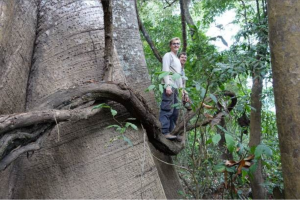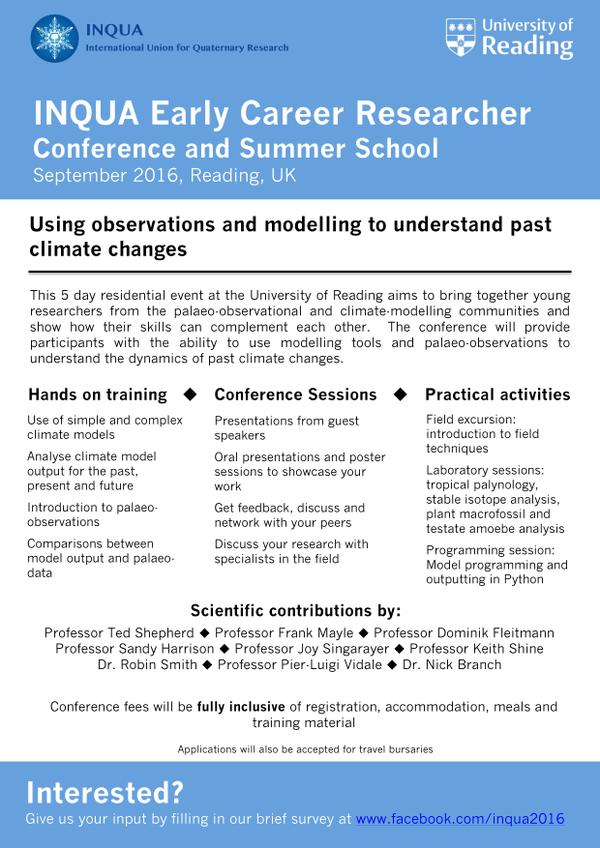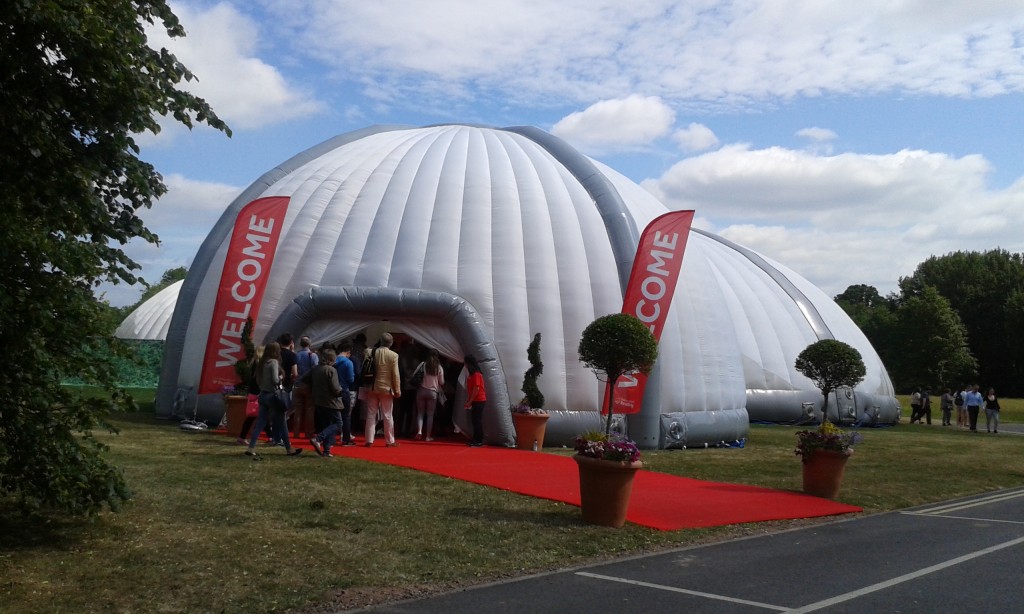Come and join the TPRG! Applications are invited for the post of Postdoctoral Research Associate (PDRA) in Amazon Palaeoecology at the University of Reading, UK, available from 1st December 2019 for up to 36 months.
Project summary
The PDRA will join a large inter-disciplinary research project, entitled ‘Human-Environment Relationships in pre-Columbian Amazonia (HERCA)’. This project is co-funded by the AHRC (UK) (PI: F. Mayle) and FAPESP (Sao Paulo state, Brazil) (PI: E. Neves) and is international in scope, involving institutions in the UK, Brazil, Germany, Switzerland, and Bolivia.
Recent ground-breaking discoveries of sedentary, stratified, pre-Columbian societies have overturned the paradigm that environmental constraints limited cultural development in Amazonia to semi-nomadic, hunter-gatherer lifestyles, as practiced by indigenous peoples today. However, the process by which these stratified societies emerged and declined, and their relationships with the environment, remain unresolved.
This project therefore seeks to determine the relationships between the emergence and demise of stratified societies, food procurement strategies, and environmental conditions in Pre-Columbian Amazonia. This will be achieved by close integration between archaeology, palaeoecology, geomorphology and palaeoclimatology. Three study areas have been selected across SW Amazonia which form an environmental gradient – across space and time (the Holocene) – with respect to forest cover, soil fertility, and flood/drought risk. The PDRA will be responsible for the Palaeoecology work package.
Duties:
∙ collect sediment cores from a series of lakes, palaeochannels and artificial canals in close proximity to archaeological sites in SW Amazonia
∙ undertake pollen, charcoal, lithological, and geochemical analyses of these cores to reconstruct late Holocene vegetation, land-use, and fire histories
∙ liaise closely with the other PDRAs and Co-Is in the HERCA project to effectively integrate different types of palaeoenvironmental and archaeological data and help organise project workshops and fieldtrips
∙ create and manage the project’s web-site
∙ submit results for publication in several leading international journals and present results at conferences.
∙ be responsible for the day-to-day management of the tropical palaeoecology laboratory and neotropical pollen reference collection
∙ assist with the supervision of undergraduate, MSc and PhD student projects, and assist with teaching on palaeoecology modules (e.g. practical classes)
∙ play an active, collaborative role within the department and school (workshops, seminars, etc.)
The applicant will have:
∙ Attained (or be close to attaining) a PhD in Palaeoecology
∙ Expertise in palynology, fieldwork, and lake/bog coring techniques
∙ Expertise in statistical analyses and interpretation
∙ Organisational skills required for time management and scheduling
∙ Good written and oral communication skills required for dissemination of research results in international journals and conferences
∙ Good interpersonal skills
Further details:
For an informal discussion about the role, contact Frank Mayle (f.mayle@reading.ac.uk). For further details and to apply, visit https://jobs.reading.ac.uk/displayjob.aspx?jobid=5517. The deadline for applications is the 9th of October 2019.











